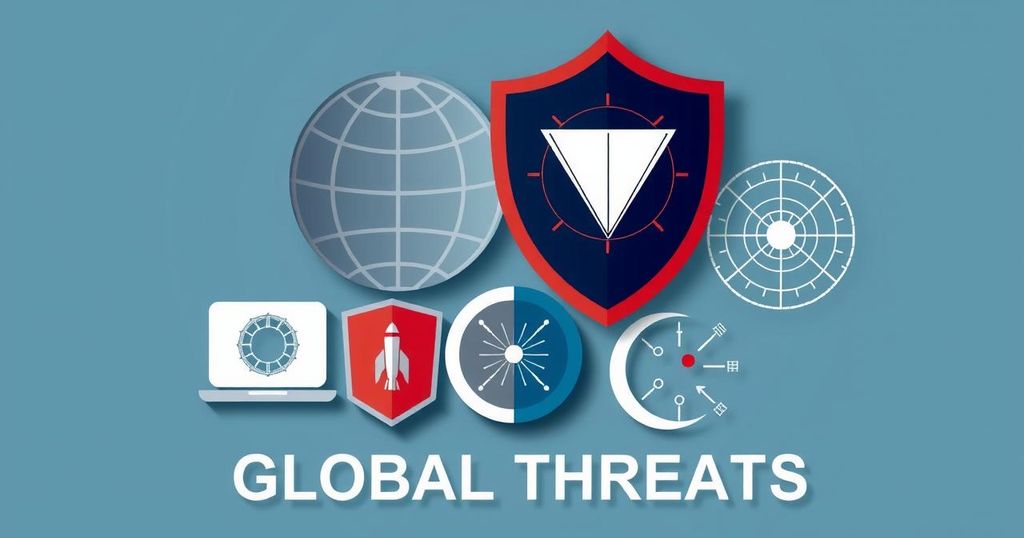Elections
Politics
ASIA, BIDEN, BIDEN ADMINISTRATION, CBS NEWS, EUROPE/ASIA, HOUSE INTELLIGENCE COMMITTEE, JEFFREY KRUSE, MIKE WALTZ, NATIONAL INTELLIGENCE, NATIONAL SECURITY, NORTH AMERICA, OF THE DIRECTOR OF NATIONAL INTELLIGENCE, POLITICS, RAT, RATCLIFFE, RUSSIA, SECURITY, SENATE INTELLIGENCE COMMITTEE, TAIWAN, TRUMP ADMINISTRATION, UNITED STATES, WASHINGTON, YEMEN
Nia Simpson
U.S. Intelligence Leaders to Address Global Threats and Security Lapses
U.S. intelligence leaders will testify on global threats before the Senate Intelligence Committee amid revelations of a security lapse involving Trump officials sharing sensitive information about plans to strike Houthi targets in Yemen. This testimony coincides with an annual threat assessment highlighting a fragile global order.
On Tuesday, leaders of U.S. intelligence agencies will testify before the Senate Intelligence Committee regarding global security threats. Scheduled to begin at 10 a.m., the hearing will feature key officials including Director of National Intelligence Tulsi Gabbard, CIA Director John Ratcliffe, FBI Director Kash Patel, NSA Director Gen. Timothy Haugh, and Defense Intelligence Agency Director Lt. Gen. Jeffrey Kruse.
Their testimony follows revelations that Trump administration officials inadvertently included Jeffrey Goldberg, the editor of The Atlantic, in a sensitive group chat on the encrypted messaging app Signal regarding U.S. plans to strike Houthi targets in Yemen. The thread, initiated by national security adviser Mike Waltz, reportedly contained information possibly connected to ongoing intelligence operations, as noted by Goldberg.
The National Security Council confirmed the authenticity of the message thread. While the hearing is expected to primarily address threats from China, Russia, and Iran, security lapses from the Trump administration may also be scrutinized. Senator Mark Warner criticized this incident, stating it compromises the safety of all Americans by mishandling classified information.
In addition to the Senate hearing, the intelligence officials will also testify before the House Intelligence Committee on Wednesday, coinciding with the release of the Office of the Director of National Intelligence’s annual threat assessment. The 2024 report outlines a “fragile global order” influenced by great power competition and regional conflicts.
During last year’s hearing, top intelligence officials from the Biden administration emphasized the importance of U.S. support for Ukraine amidst its conflict with Russia. President Trump has expressed a different approach, advocating for a friendlier relationship with Russia and pressuring Iran to broker a new nuclear deal, while neglecting to commit to protecting Taiwan from potential Chinese aggression.
In summary, U.S. intelligence leaders are set to address significant global threats and a recent security lapse involving classified information in a Senate hearing. With increasing challenges posed by major global powers, the testimony will also evaluate how executive actions, particularly those of the Trump administration, affect national security. The insights from these hearings are crucial for understanding the U.S. strategy in navigating a complex global landscape.
Original Source: www.cbsnews.com








Post Comment